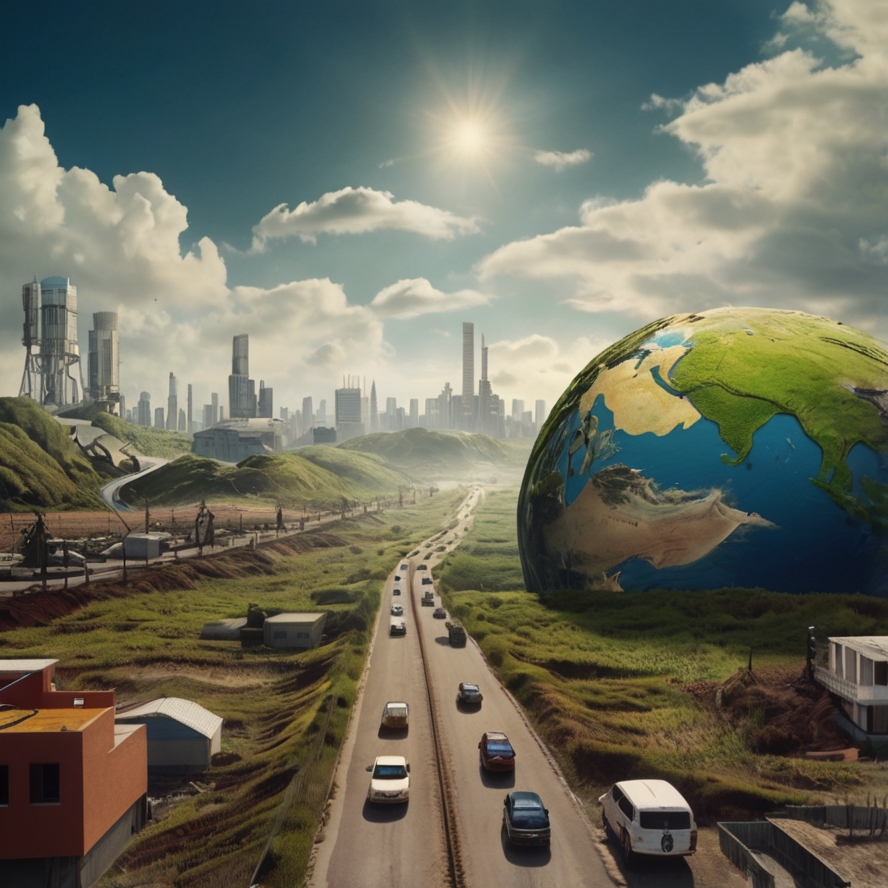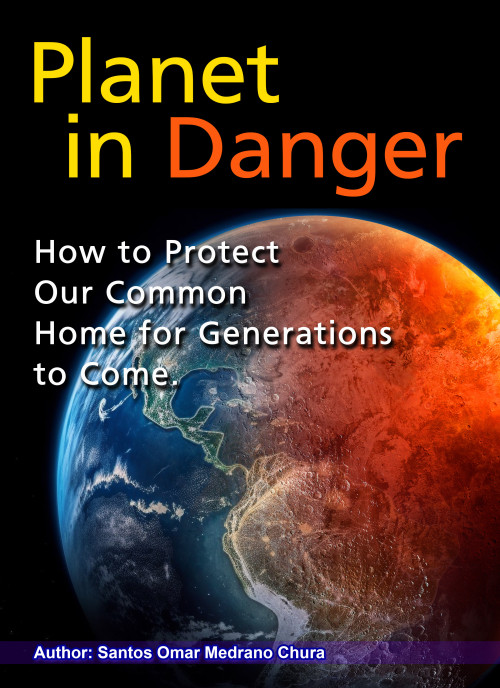Earth Day, celebrated annually on April 22, is more than just a day of awareness—it’s a global movement driving real change for our planet. Since its inception in 1970, Earth Day has mobilized billions of people worldwide to take action against pollution, climate change, and environmental degradation.
Table of Contents
ToggleIn this article, we’ll explore how Earth Day creates a lasting environmental impact, the key initiatives it promotes, and how individuals and organizations can contribute to a greener future.

The Origins and Evolution of Earth Day
Earth Day was founded by Senator Gaylord Nelson in response to growing environmental crises, including oil spills, air pollution, and deforestation. The first Earth Day in 1970 saw 20 million Americans rally for environmental protection, leading to the creation of the U.S. Environmental Protection Agency (EPA) and landmark laws like the Clean Air Act.
Today, Earth Day is observed in over 190 countries, coordinated by EarthDay.org, and focuses on critical themes like:
Climate action
Plastic pollution reduction
Reforestation efforts
Sustainable consumption
How Earth Day Drives Global Change
1. Raising Awareness and Education
Earth Day campaigns educate millions on pressing environmental issues through:
Social media movements (#EarthDay, #InvestInOurPlanet)
School programs teaching sustainability
Public seminars on renewable energy and conservation
2. Policy and Legislative Impact
Earth Day has influenced major environmental policies, including:
The Paris Agreement (2015), signed on Earth Day
Global bans on single-use plastics
Corporate sustainability commitments from major brands

3. Community-Led Environmental Actions
Millions participate in:
Tree-planting drives (over 100 million trees planted since 2010)
Beach and park cleanups
Recycling and zero-waste initiatives
4. Corporate and Technological Innovations
Businesses leverage Earth Day to launch:
Eco-friendly products (biodegradable packaging, solar tech)
Carbon-neutral pledges
Green energy investments
How You Can Make a Difference
Earth Day’s impact grows when individuals take action. Here’s how you can contribute:
Reduce plastic use (switch to reusable bags/bottles)
Support sustainable brands
Join local cleanups or advocacy groups
Adopt energy-efficient habits (LED bulbs, public transport)

Conclusion: Earth Day’s Lasting Legacy
Earth Day proves that collective action can drive monumental environmental progress. From policy changes to grassroots efforts, it remains a powerful force for protecting our planet.
This Earth Day—and every day—let’s commit to sustainable living for a healthier world.
How to protect our common home for future generations.
The planet we inhabit is our common home, the place where we are born, grow, live and die. It is also home to millions of other species that share this finite and wondrous space with us. However, our planet is in danger. It is suffering the consequences of our irresponsible, selfish and unsustainable actions. We are altering the climate, destroying biodiversity, polluting the air, water and soil, and depleting the natural resources that sustain life. We are putting our own survival and that of future generations at risk. What can we do to avoid this disaster?
How can we protect our planet so that it remains a livable and dignified place for everyone? What responsibility do we have as individuals, as companies and as governments? These are some of the questions we will try to answer in this book. We do not intend to offer magical solutions or infallible recipes, but rather to reflect on the environmental problems that affect us and propose concrete and sustainable actions that we can carry out from our sphere of influence. We want to contribute to creating an ecological conscience and an active citizenry committed to caring for the planet. This book is divided into five chapters that address the main issues related to protecting the planet: climate change, biodiversity loss, pollution, natural resources, and social and environmental responsibility. In each chapter we will explain what the problem is, what its causes and consequences are, and what we can do to solve it. We will also include data, examples and recommendations to help us better understand the situation and make informed decisions. We hope that this book will be of interest to you and that it will motivate you to participate in the defense of our common home for generations to come.








